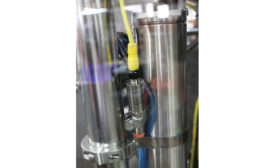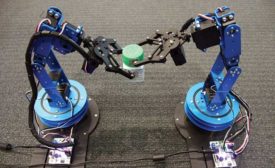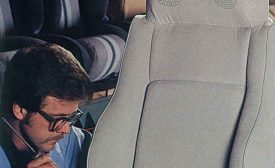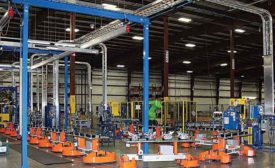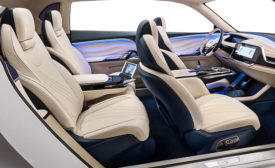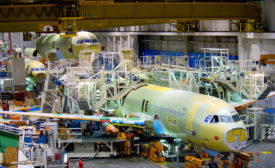Home » RFID
Articles Tagged with ''RFID''
Many types of older assembly equipment can be IIoT-enabled quickly, easily and cost-effectively
Read More
What’s New With RFID
RFID technology has become critical for assembling cars, appliances and other high-value, high-mix products.
August 7, 2017
Get our new eMagazine delivered to your inbox every month.
Stay in the know on the latest assembly trends.
SUBSCRIBE TODAY!Copyright ©2024. All Rights Reserved BNP Media.
Design, CMS, Hosting & Web Development :: ePublishing
